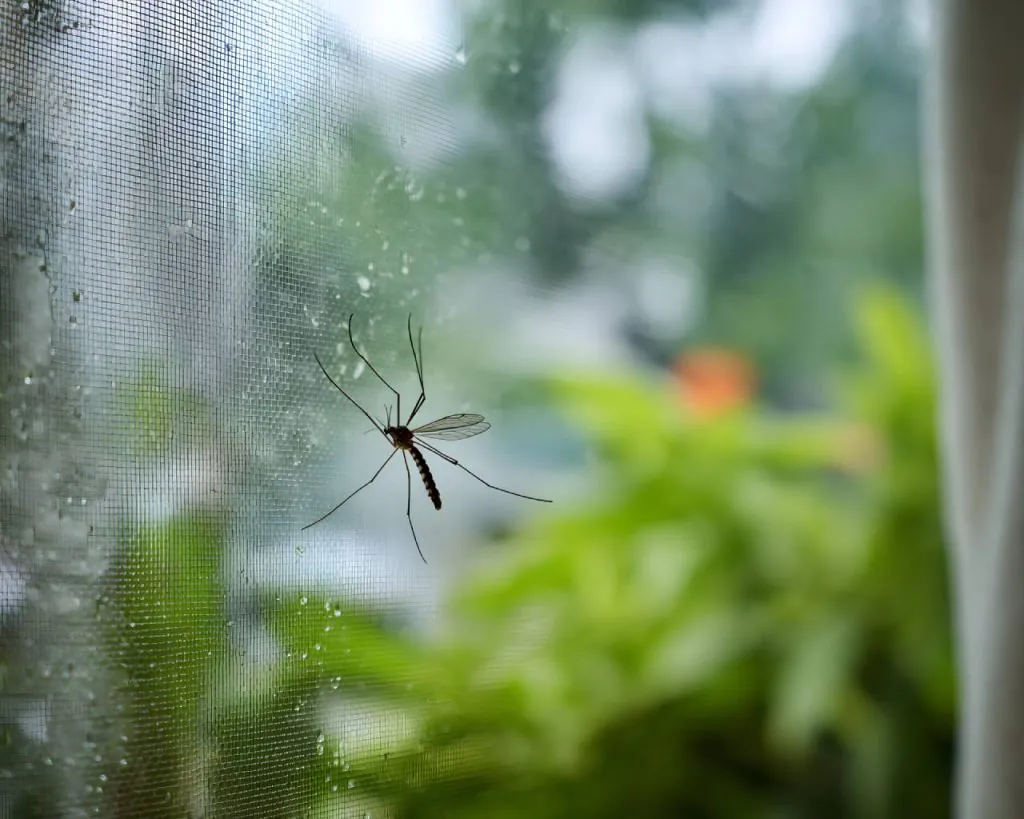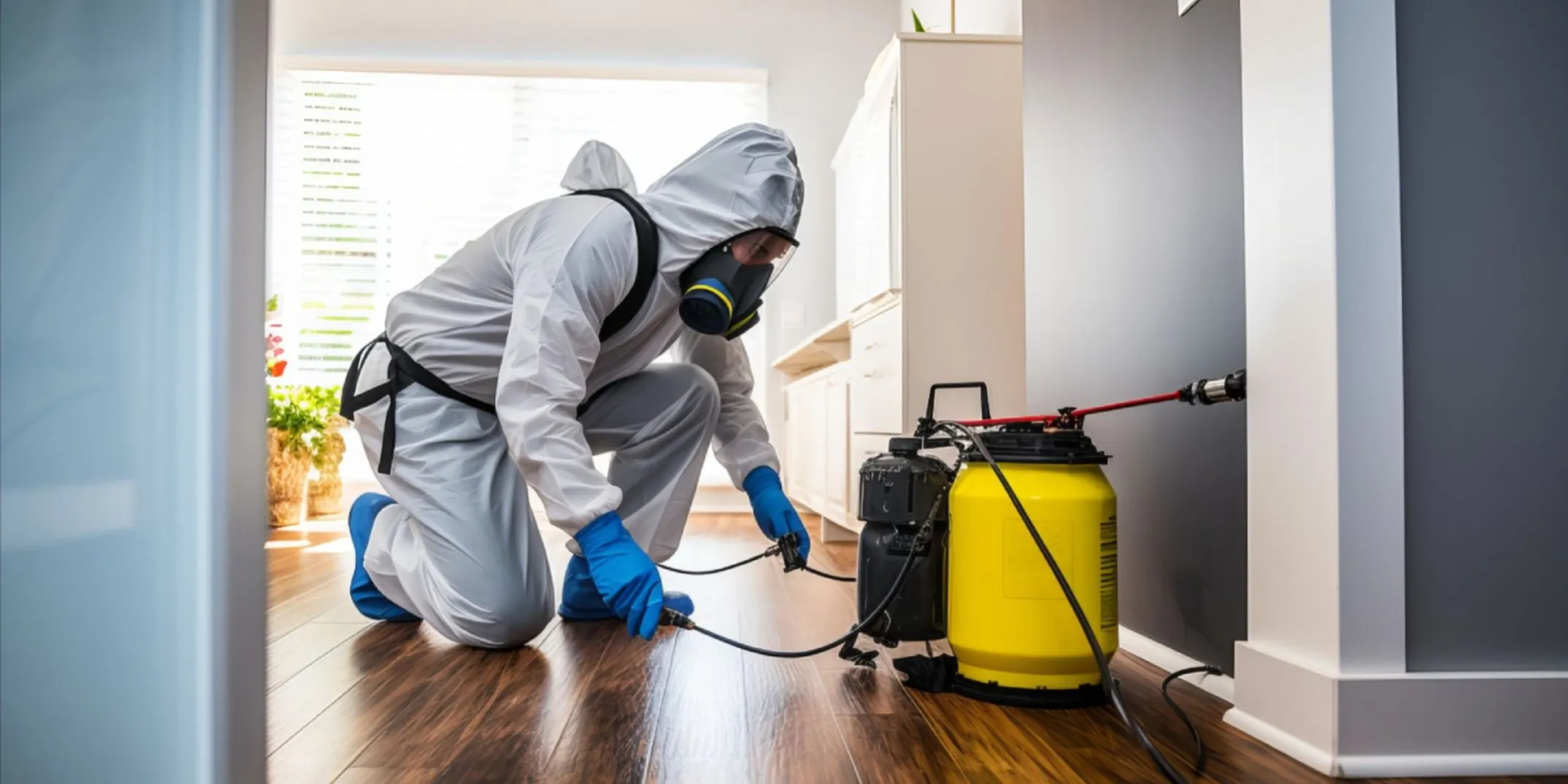Preventive Pest Control: Stop Problems Before They Start
When it comes to pests, most people don’t think about them until they suddenly appear, whether it’s ants marching across the counter or mice turning the attic into their personal Airbnb. By the time you notice the signs, pests have often been around much longer than you think. That’s why preventive pest control is more than a smart idea — it’s a home-protection essential.
Preventive pest control keeps you one step ahead by stopping bugs and rodents before they settle in. Just like routine dental cleanings or oil changes, a little maintenance prevents bigger, more expensive problems later. Even better, prevention is easier and far more budget-friendly than dealing with a full-blown infestation.
Why Preventive Pest Control Is Worth It
If you’ve ever dealt with an infestation before, you know one thing: pests are far more expensive and time-consuming to eliminate once they’ve settled in. Preventive pest control solves that problem before it starts.
Here’s why investing early makes a massive difference:
1. Pests Are Experts at Hiding
By the time you notice one roach, dozens hide behind walls, appliances, or drains. Mice live undetected in attics or crawl spaces for months.
Preventive inspections find problems while they are small or before they appear at all.
2. Infestations Can Be Costly
Some pests cause more than just annoyance:
- Rodents chew wiring, insulation, and stored belongings.
- Carpenter ants can weaken wooden structures.
- Mosquitoes and ticks carry diseases.
When you compare the price of damage repair to the cost of preventative care, the choice becomes pretty clear.
3. It Protects Your Family and Pets
Pests carry allergens, bacteria, and contaminants. Preventive care lowers the risks of:
- Food contamination
- Bites and stings
- Triggered asthma and allergies
- Disease transmission
A pest-free home is a healthier home.
4. It Reduces the Need for Harsh Treatments
A major advantage of preventive pest control is that it uses targeted, low-impact methods. When pests are allowed to reproduce and spread, stronger treatments are needed. But with prevention, the focus is on minor interventions that create a long-lasting protective barrier.
5. Peace of Mind (Because No One Wants Uninvited Guests)
No one enjoys waking up to a spider on the wall or hearing scratching noises behind the drywall. Knowing your home is protected year-round offers priceless peace of mind.
Common Pests You Can Prevent with Routine Care
1. Ants
Ants enter homes in search of food, moisture, and warmth. They build colonies fast, so early prevention matters. Sealing cracks, removing crumbs, and applying barrier treatments reduce their activity.
2. Roaches
Cockroaches are resilient pests that thrive in warm, moist environments. They reproduce rapidly, so even a small problem can grow quickly. Preventive steps around kitchens, bathrooms, and drains keep them under control.
3. Rodents
Rodents squeeze through small gaps and enter unnoticed. Once inside, they nest in walls, attics, or garages. Seal entry points and monitor activity to keep them out.
4. Spiders
Most spiders are harmless, but they can still be unwelcome guests inside your home. They often follow other insects indoors in search of food. Reducing insect activity through preventive care naturally limits spider sightings.
5. Mosquitoes
Mosquitoes breed in standing water, making yards with moisture their favorite hangout. They stay most active during warm seasons and often take over outdoor spaces. Routine yard treatments and removing water sources help keep them away.
6. Carpenter Ants
Wood-destroying insects cause serious structural damage when people leave them unchecked. They often hide until major harm occurs. Preventive inspections and treatments protect your home.
7. Flies, Gnats & Pantry Moths
These pests are attracted to food debris, moisture, and improperly stored items. They can multiply quickly and contaminate pantry goods. Good sanitation and regular inspections help prevent them from taking over your kitchen.
How Preventive Pest Control Works
Preventive pest control follows several core steps — all designed to keep pests away before they appear.
1. Initial Inspection
A trained technician evaluates your entire property, including:
- Exterior foundation
- Landscaping
- Entry points
- Attic and crawl spaces
- Kitchen and bathrooms
- Storage areas
- Moisture and drainage conditions
This initial inspection identifies vulnerabilities before pests take advantage of them.
2. Sealing entry points
Most pests enter through:
- Cracks in the foundation
- Gaps around windows and doors
- Holes around utility lines
- Torn screens
- Vents and gaps in roofing
Preventive control involves sealing or repairing these openings to block pest access.
3. Eliminating Attractants
To pests, your home is a buffet — unless you remove the things that attract them. Simple adjustments include:
- Fixing leaks
- Proper food storage
- Reducing clutter
- Improving ventilation
- Maintaining clean kitchens
- Yard cleanup
It makes your home far less inviting.
4. Barrier Treatments
Professionals apply targeted treatments around the exterior perimeter to create a protective barrier. It keeps crawling insects from entering and disrupts their nesting behavior.
5. Monitoring & Maintenance
Pest prevention isn’t a one-time job — it’s a seasonal strategy. Regular visits ensure long-term protection, especially during the heavy pest seasons of spring and summer.

Seasonal Preventive Pest Control Measures
Spring
During spring, pests wake up and become more active as temperatures rise. They start searching for food, moisture, and new nesting sites around your home. It makes spring the most important time to begin preventive treatments.
Summer
Summer is peak season for pests like mosquitoes, ants, and spiders. Warm weather helps them reproduce quickly and spread throughout your yard and home. Regular yard treatments and strong perimeter protection are essential for keeping activity under control.
Fall
As temperatures drop, rodents begin looking for warm, sheltered places to spend the winter. Unfortunately, homes become prime targets for nesting and food sources. Sealing entry points and tightening your home’s defenses is especially important during the fall.
Winter
Winter brings slower pest activity, but it’s also the ideal time to prepare your home for the next busy season. Cold weather drives many pests deeper into hiding, making inspections easier. Preventive treatments in winter help fortify your home before spring pests surge again.
Advantages of Professional Preventive Pest Control
Advanced tools and products
Professionals use high-grade treatments that stop pests before they become a problem. These products are more effective than anything available in retail stores. Despite their strength, they’re applied safely for families and pets.
Expert knowledge
A trained technician knows where pests hide and how they behave. They identify risks or early infestations long before a homeowner notices a problem. Their skill leads to quicker and more precise prevention.
Long-term coverage
One visit will not keep pests away permanently. Routine maintenance ensures your home stays protected through every season. Professional plans provide consistent year-round defense.
Customized solutions
Every home has unique layouts, conditions, and pest risks. Professionals assess your property and tailor a prevention plan to your needs. Personalized plans deliver stronger and more effective protection.
Better overall value
Preventive care helps you avoid the high costs of repairing pest damage or treating large infestations. It also reduces the need for emergency service calls. In the long run, prevention is far more affordable than reactive extermination.
How Preventive Pest Control Saves You Money
Many homeowners hesitate because they assume pest control is expensive. Preventive plans:
Reduce repair costs
Preventive pest control helps stop damage before it becomes expensive to fix. By catching issues early, you avoid major structural repairs caused by pests. It saves homeowners money and protects long-term property value.
Lower the need for extensive treatments
Routine prevention keeps small problems from becoming full infestations. When people catch pests early, lighter and less invasive treatments work. It reduces the need for costly, time-consuming extermination services.
Protect valuable food, furnishings, and structural components
Pests can contaminate food, damage furniture, and destroy wood or insulation. Preventive care creates barriers that stop them from reaching these essential items. Keeping your home protected preserves the things you rely on every day.
Prevent medical bills related to bites, allergies, or contamination
Many pests carry bacteria, allergens, and diseases that can affect your family’s health. Prevention reduces the chance of bites, contamination, and pest-related reactions. It helps homeowners avoid unnecessary doctor visits and medical costs.
Extend the lifespan of your property
Pest prevention protects the materials forming your home. By reducing structural damage and deterring destructive insects, your home stays stronger for longer. Over time, this contributes to a healthier, longer-lasting property.
Instead of paying hundreds or thousands later, you invest in small, predictable visits that keep your home protected all year long.
FAQs: Preventive Pest Control
Most homes benefit from quarterly visits, but technicians recommend seasonal or monthly services for high-risk areas. Regular service ensures year-round protection as pest activity changes with the weather. A professional can help determine the best schedule for your home.
Yes — when performed by trained professionals using approved products and methods. Treatments are applied responsibly to avoid exposure to your family. Safe prevention actually reduces the need for stronger treatments later.
You can take DIY steps like sealing cracks, reducing moisture, and storing food properly. Professional services provide stronger protection, expert inspections, and long-lasting treatments. Combining both keeps your home pest-free.
Usually, very little — make sure technicians can access key areas like kitchens, bathrooms, and the home exterior. Keeping the home tidy helps them spot potential issues quickly. Your provider will tell you if any other prep is needed.
Most treatments last 60–90 days, depending on weather and pest activity. That’s why routine visits are important to maintain the protective barrier. When done consistently, it provides strong, ongoing protection.
Conclusion
Preventive pest control isn’t just another household service — it’s a long-term investment in the comfort, safety, and health of your home. Whether you’re tired of ants, worried about termites, or want peace of mind knowing your home is protected, prevention offers a smarter, more effective way to stay pest-free.
By taking action now — instead of waiting for insects or rodents to appear — you’ll save money, avoid stress, and enjoy a cleaner, healthier environment year-round.
If you’re ready for a pest-free home, a preventive plan is the best place to start. Because when it comes to pests, the easiest problems to deal with are the ones that never happen at all.
Ready to protect your home from these annoying pests?
Secure your home with the team that puts your family first. Schedule your preventive service with Family First Pest Control today. Let us help you stay pest-free, year-round!
📞 Call: (602) 292-5429



















